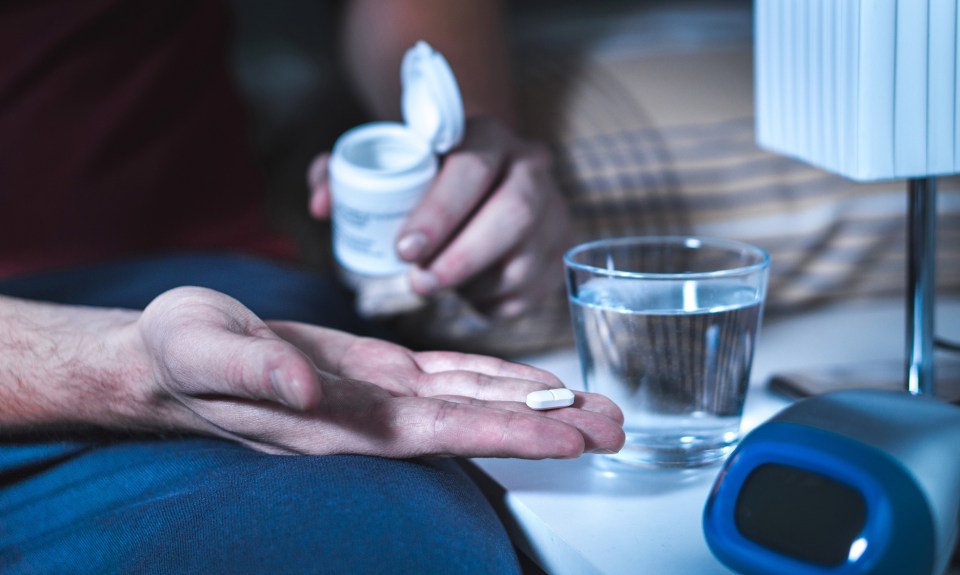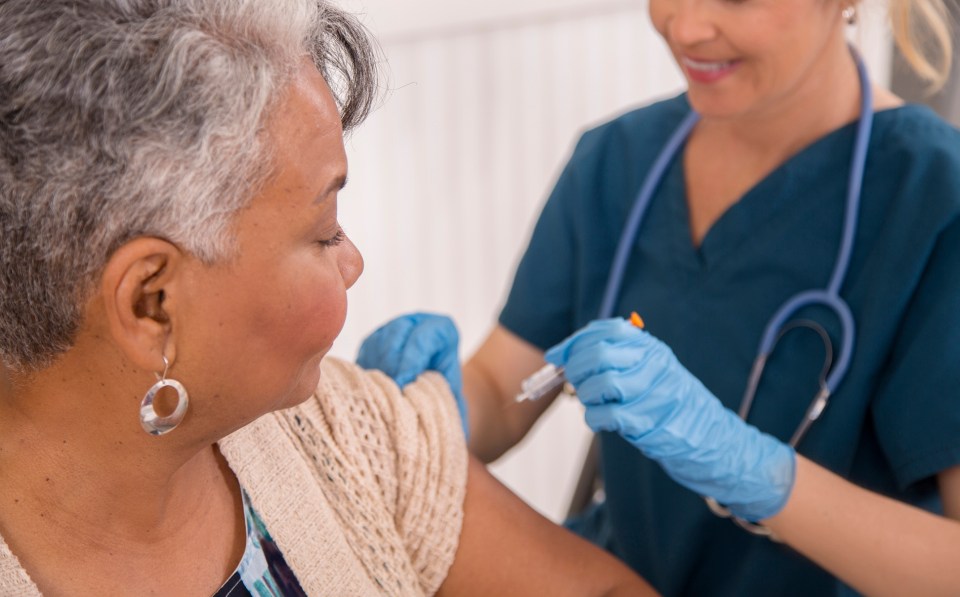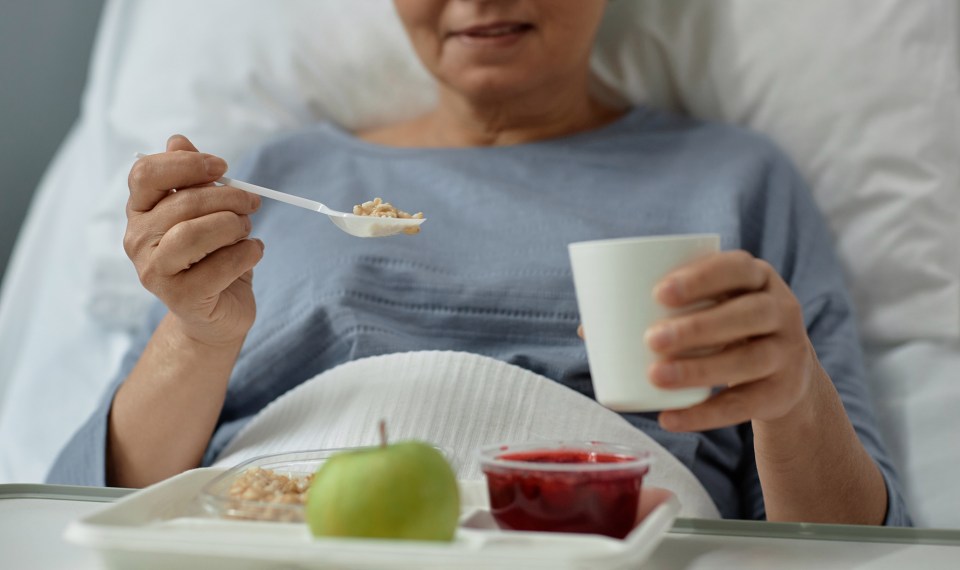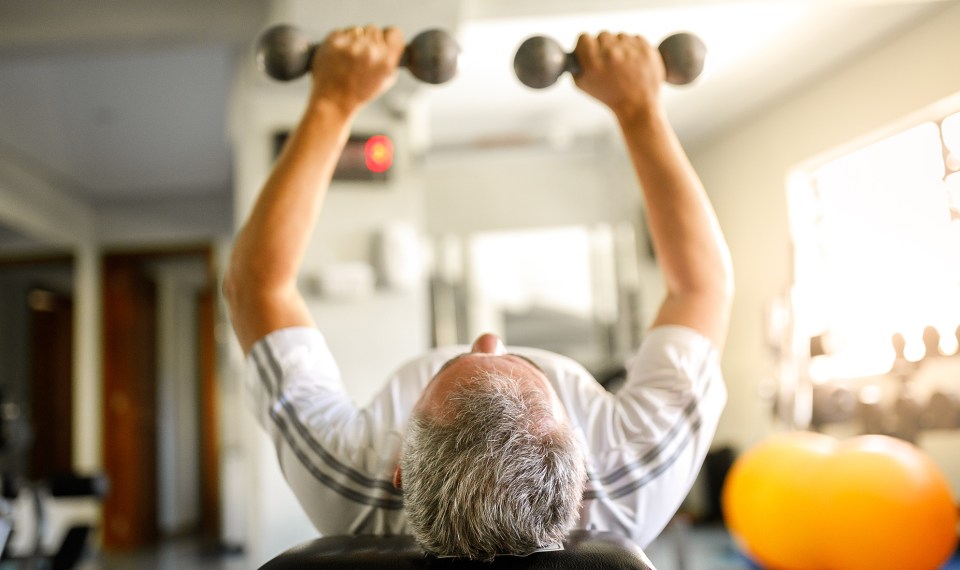An estimated 50 to 70 million Americans struggle to get a good night’s sleep. That struggle leads many looking to prescription pills, but they could do more harm than good, warns Dr. Lori Arnold.
As director of pharmacy at Encompass Health Rehabilitation Hospital of Henderson in Nevada, it’s Arnold’s responsibility to manage her patients’ medications. In addition to monitoring and educating patients about medications, she also strives to work in collaboration with physicians to help transition patients off unnecessary drugs, including sleeping meds.
“So many people deal with sleep disorders, and so many are taking medications,” she said. “They cause side effects. There’s sleep walking, sleep eating, sleep shopping. They can even cause amnesia.”
Arnold knows the dangers first-hand. Earlier in her career she worked in medical affairs for the pharmaceutical industry and traveled frequently. Different times zones and odd hours threw her sleep off, so she began taking Ambien.
“I used to travel to Hawaii four times a year,” she said. “I remember I was in my room, 50 flights up. I went to sleep. When I woke up, I had eaten almost everything in the room. For me, that was a big aha moment. I was a single woman traveling alone, and I could lose all sense of time and place and just sleep through it.”
That moment inspired her to quit taking sleep medications. Instead, she focused on improving her sleep hygiene. It also motivated her to write a book on how to get a good night’s sleep without the drugs. “Undrugged: Sleep” uncovers some of the dangers of sleeping medications and how to get a better night’s sleep without them.
Email Alerts
Sign up to receive the latest news and stories via email.
Sleep and Your Health
Poor sleep can result in a host of health issues. According to the Centers for Disease Control, inadequate sleep can result in chronic conditions such as Type 2 diabetes, heart disease, obesity and depression.
Short-term, poor sleep equals a loss of productivity. It also leads people to look to other stimulants to stay awake during the day.
“You don’t produce as well when you’re feeling tired or groggy, so you end up seeking caffeine and other stimulants,” she said. “Lack of sleep means an increased chance for infections and viruses. It affects the immune system and leads to diseases like diabetes. The rule of thumb is that you still need eight to 10 hours of sleep, but most aren’t prioritizing sleep.”
While many may not prioritize sleep, they are concerned about falling asleep. That concern is often what leads them to seek medications.
Sleeping Pill Alternatives
When advising patients in getting off sleeping medications, Arnold doesn’t mince words.
“First and foremost, I want to be completely honest—getting off sleeping pills is painful,” she said. “It’s one of the biggest reasons people can’t stop taking them; they fear not being able to go to sleep.”
There are natural remedies that can help ease anxiety and help you fall asleep. Arnold recommends melatonin and magnesium as natural sleep aids. She also said aromatherapy can help you relax at bedtime.
Tips to Improve Your Sleep
Getting a better night’s sleep may also mean adjusting some of your daytime activities, as well as nighttime routines. Arnold offers the following tips to improve your sleeping hygiene.
- Limit caffeine consumption to earlier in the day
- Avoid late-night overeating, especially high-protein foods that are difficult to digest
- Don’t use alcohol as a crutch; it’s actually a stimulant that disrupts sleep
- Declutter your bedroom and use it for what it’s intended for—sex and sleep
- If you’re going to read before bedtime, read a real book (not a tablet) and make sure it’s not a stimulating or stressful topic
- Turn the lights down earlier to stimulate melatonin production and avoid screen time, as the ambient glow from your devices impacts melatonin production
The content of this site is for informational purposes only and should not be taken as professional medical advice. Always seek the advice of your physician or other qualified healthcare provider with any questions you may have regarding any medical conditions or treatments.



